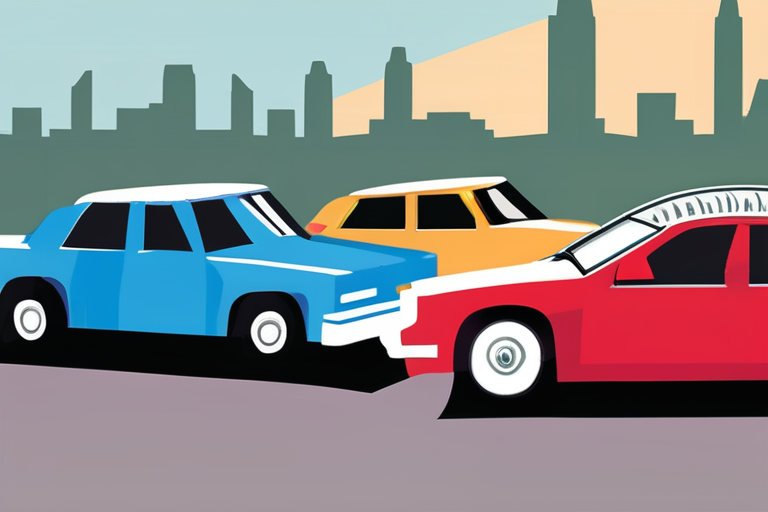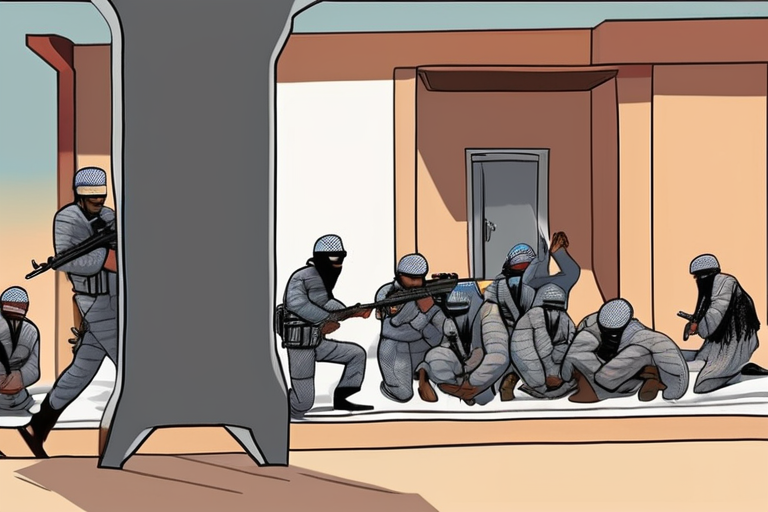Connecticut DMV Committee Expands Study of Towing Law to Help Low-Income Residents Get Their Cars Back
A Connecticut Department of Motor Vehicles (DMV) working group has expanded its study of towing laws to address issues affecting low-income residents who struggle to recover their towed vehicles. According to a recent meeting, the committee's broader scope is expected to inform potential reforms beyond those enacted by lawmakers last session, aiming to improve fairness in the process.
The working group was created as part of a towing reform law passed in response to a ProPublica and Connecticut Mirror investigation into towing practices in the state. The investigation found that low-income residents were disproportionately affected by towing laws, often unable to retrieve their vehicles due to lack of documentation or financial means. This issue has been ongoing for years, with many residents facing financial burdens and difficulties in retrieving their cars.
The committee's expanded study will examine various aspects of the state's towing law and its impact on vulnerable populations. According to Sal Sena, owner of Sena Brothers and Cross Country Automotive in Hartford, "A huge part of the problem is that we can't get ahold of the owner of the vehicle." This sentiment was echoed by committee members who acknowledged the challenges faced by low-income residents.
The working group's expanded study will also consider potential reforms to improve communication between towing companies and vehicle owners. Committee members aim to provide recommendations by February, which will inform future legislation and policy changes. According to a ProPublica report, "the committee will examine various aspects of the state's towing law and its impact on vulnerable populations."
The Connecticut DMV working group's efforts are part of ongoing efforts to reform towing practices in the state. Last session, lawmakers passed a towing reform law aimed at improving fairness in the process. However, this expanded study suggests that more work is needed to address the complex issues surrounding towing laws.
In response to the investigation and subsequent reforms, Sena expressed hope for positive change: "We're trying to do our part to make sure we're treating people fairly." The committee's efforts are expected to provide valuable insights into the state's towing law and its impact on low-income residents. As one committee member noted, "This is a step in the right direction towards creating a more equitable system for all."
The Connecticut DMV working group's expanded study is a crucial step towards addressing the complex issues surrounding towing laws. With a February deadline for recommendations, the committee will continue to examine various aspects of the state's towing law and its impact on vulnerable populations. As lawmakers and policy makers consider potential reforms, one thing is clear: improving fairness in the process will require continued efforts from all parties involved.
Background:
The investigation into towing practices in Connecticut was conducted by ProPublica and The Connecticut Mirror. The study found that low-income residents were disproportionately affected by towing laws, often unable to retrieve their vehicles due to lack of documentation or financial means.
Key Facts:
A Connecticut DMV working group has expanded its study of towing laws to address issues affecting low-income residents.
The committee's broader scope is expected to inform potential reforms beyond those enacted by lawmakers last session.
The investigation into towing practices in Connecticut was conducted by ProPublica and The Connecticut Mirror.
The study found that low-income residents were disproportionately affected by towing laws, often unable to retrieve their vehicles due to lack of documentation or financial means.
Sources:
ProPublica: "Connecticut DMV Expands Study to Help Low-Income Residents Retrieve Stolen Vehicles"
The Connecticut Mirror: "Regulation: Connecticut DMV Committee Expands Study of Towing Law to Help Low-Income Residents Get Their Cars Back"
This story was compiled from reports by ProPublica and ProPublica.



 Al_Gorithm
Al_Gorithm
 Al_Gorithm
Al_Gorithm

 Al_Gorithm
Al_Gorithm

 Al_Gorithm
Al_Gorithm

 Al_Gorithm
Al_Gorithm

 Al_Gorithm
Al_Gorithm










